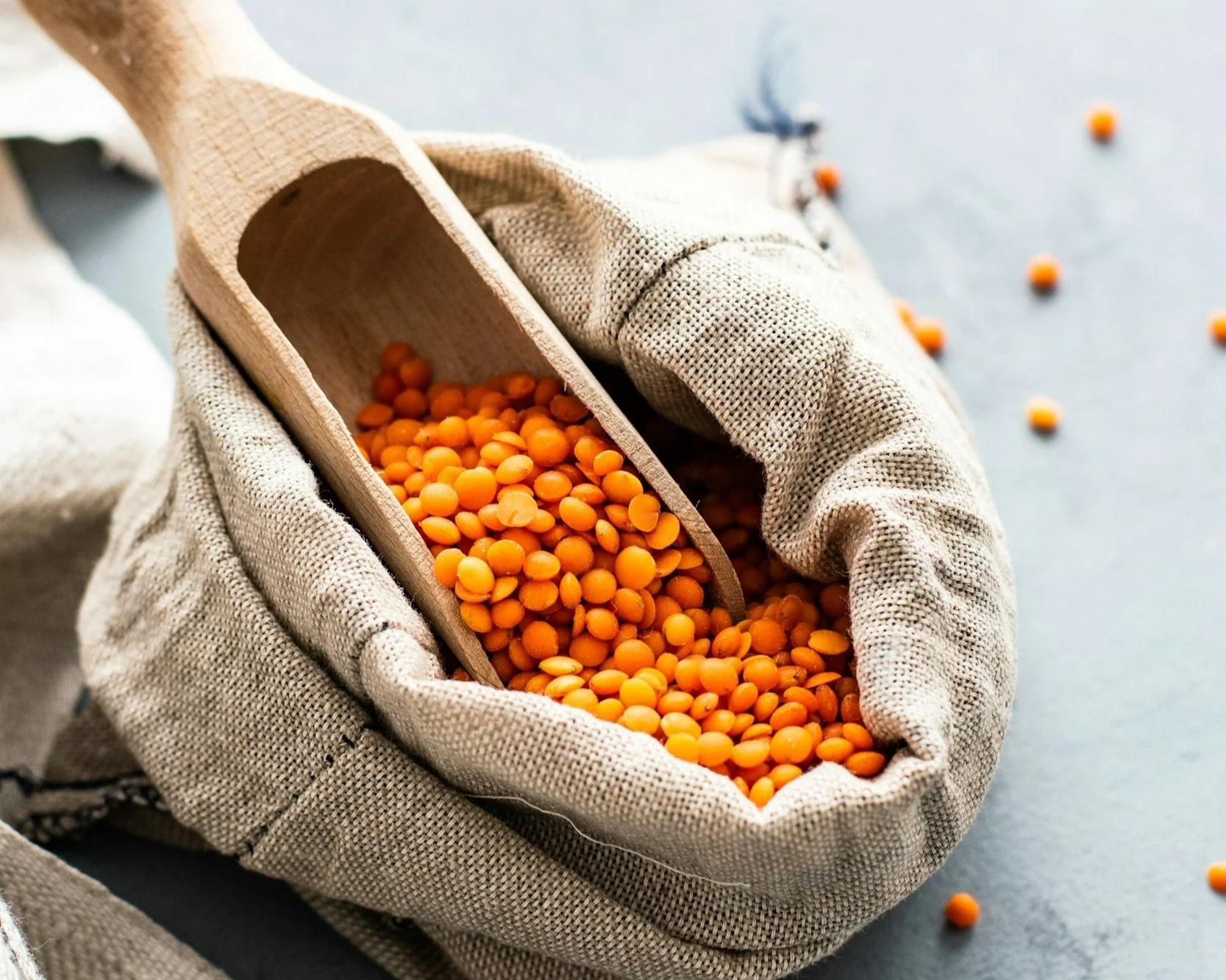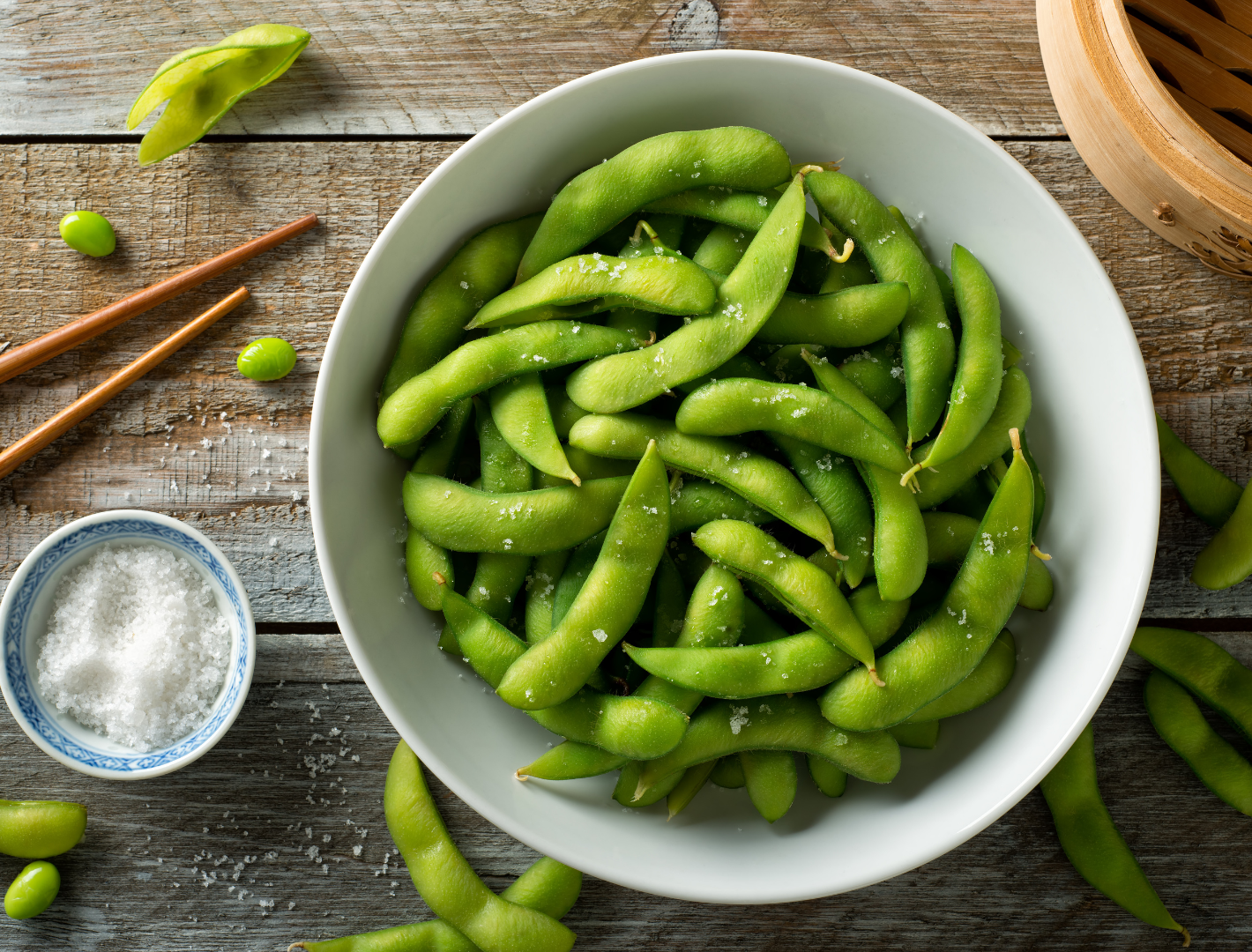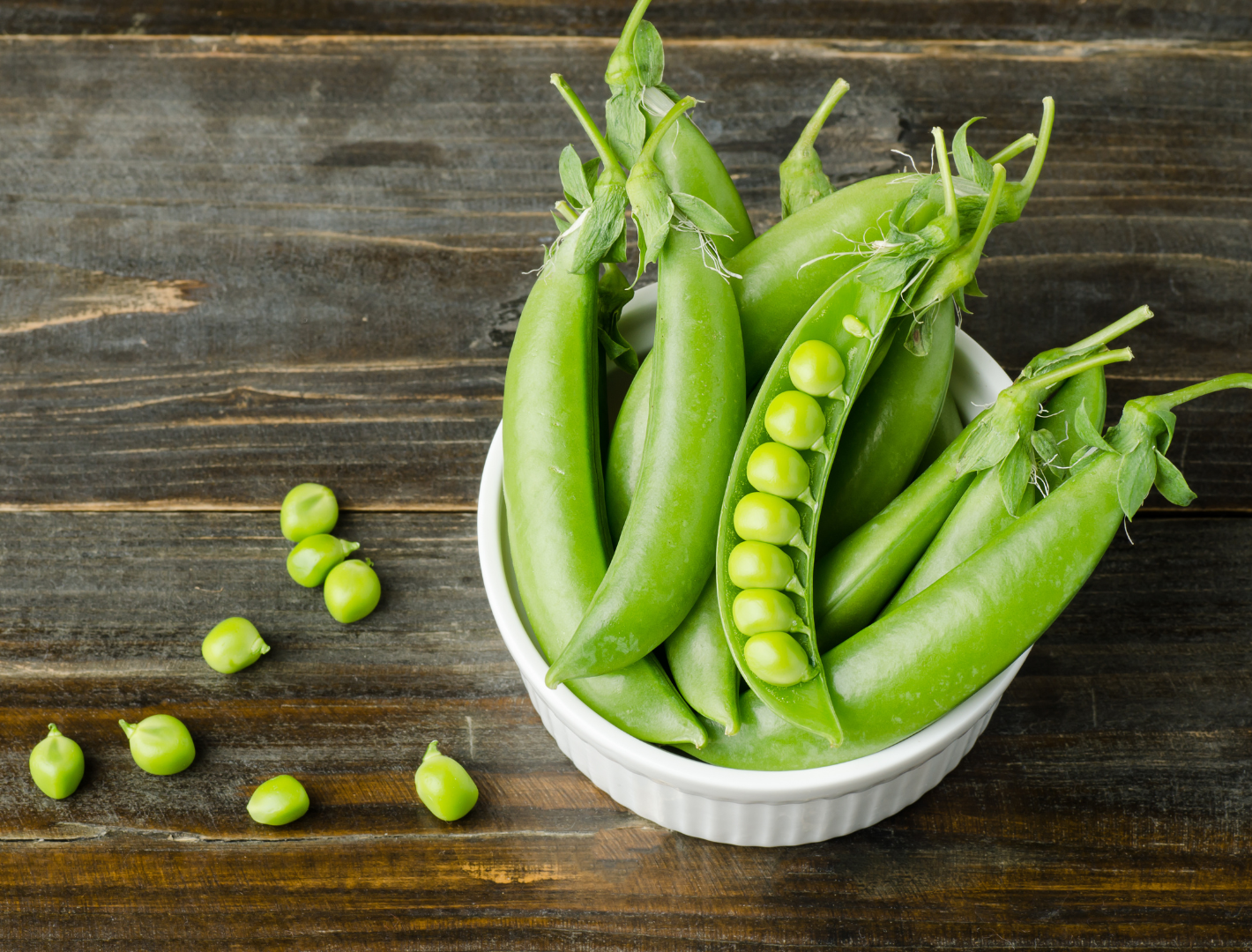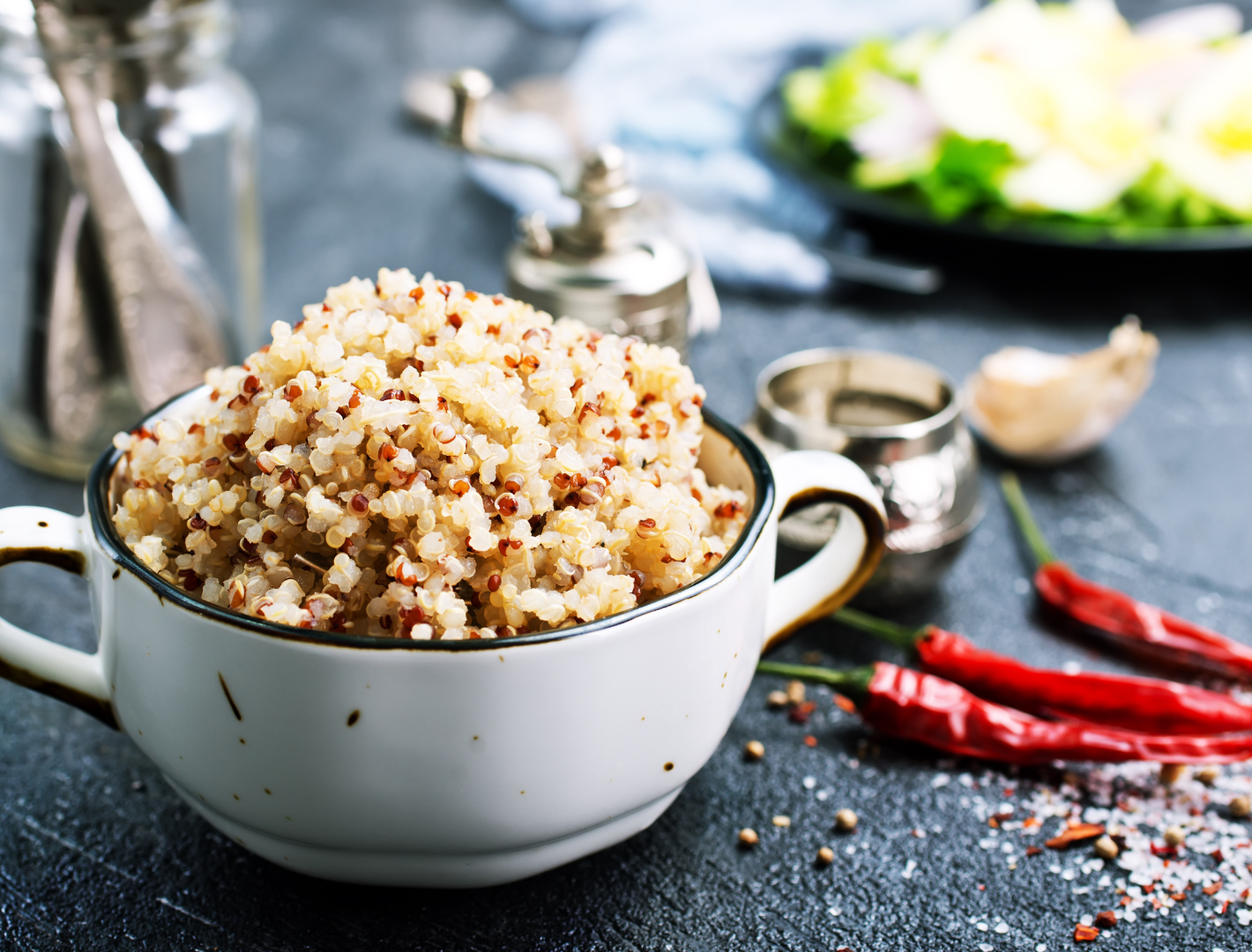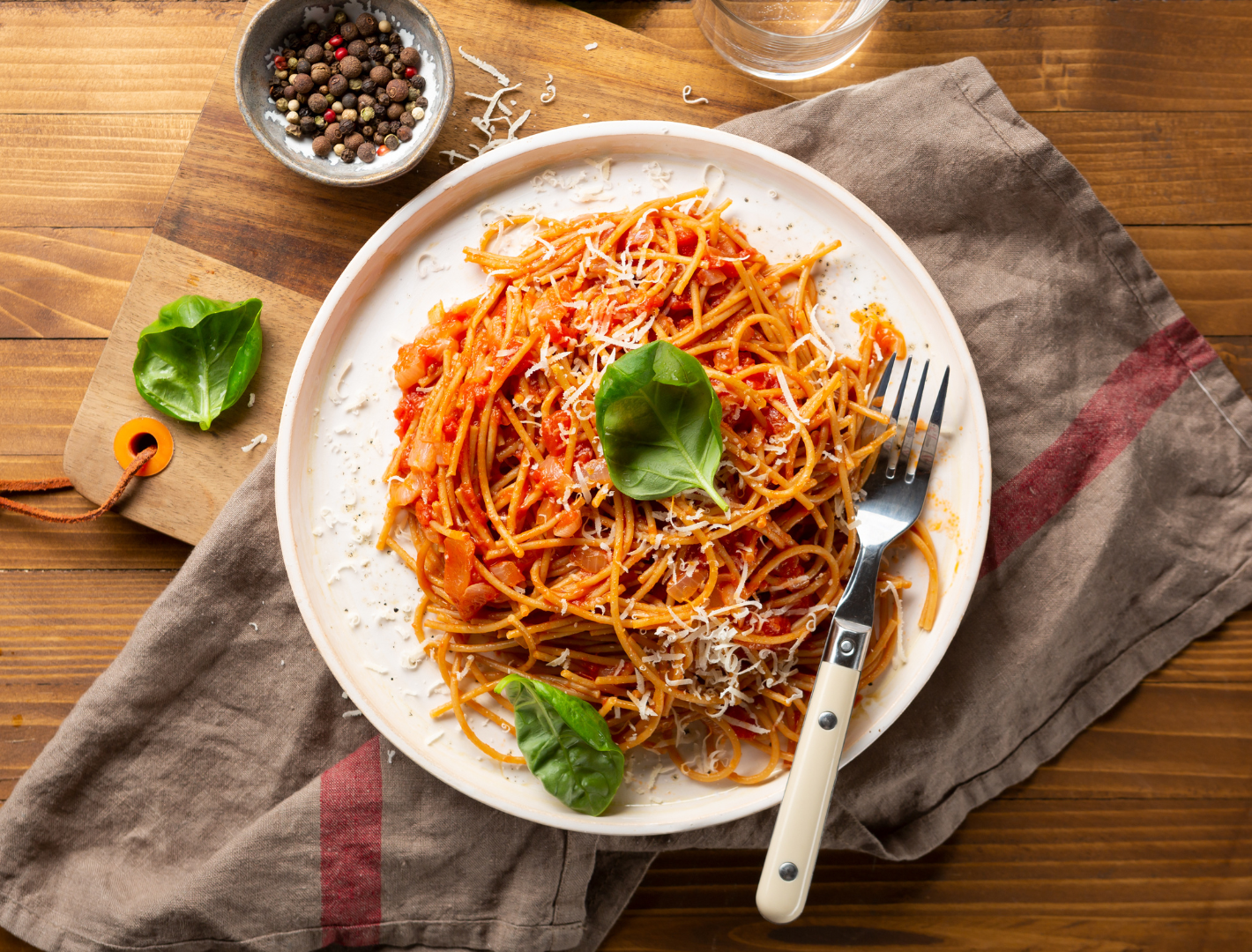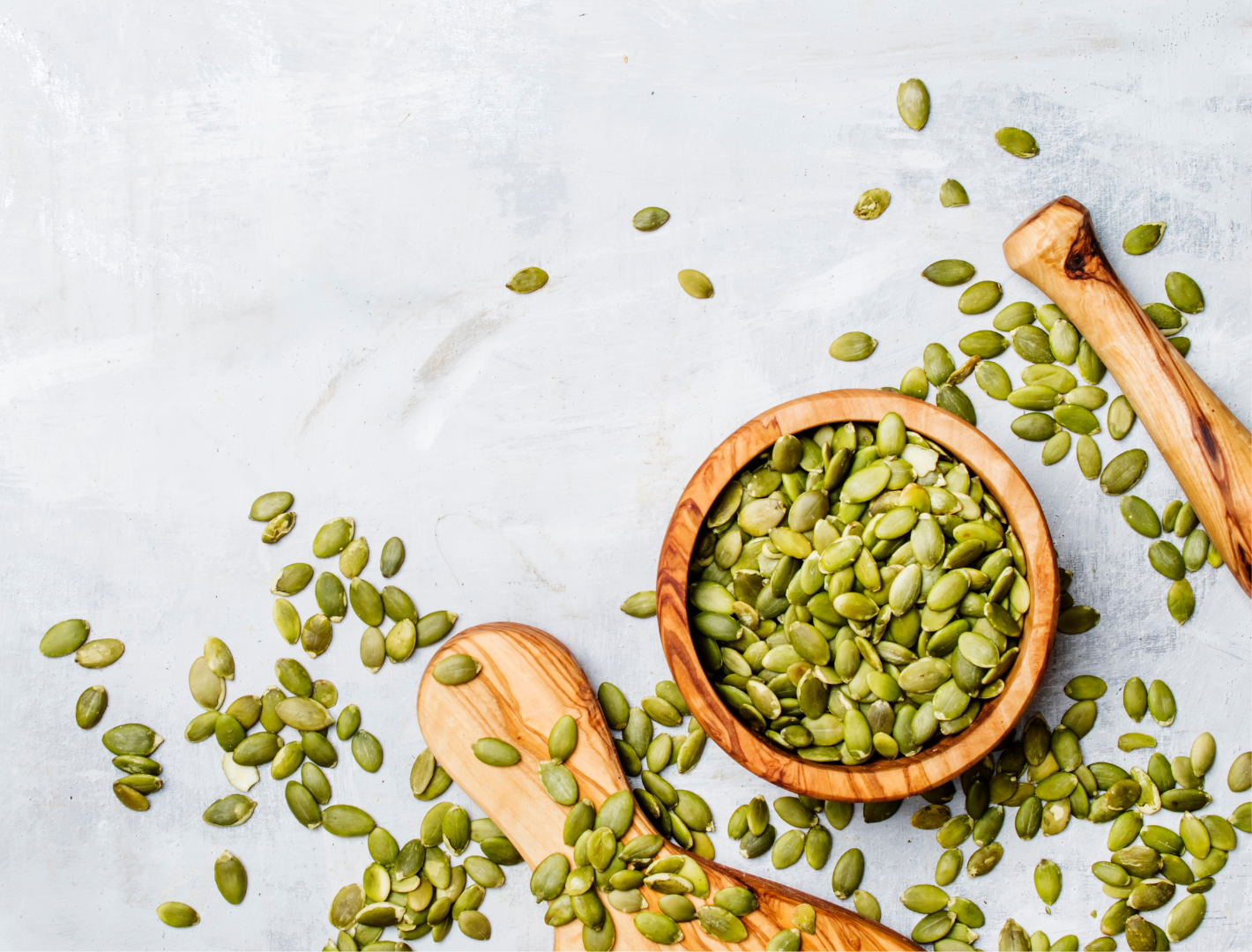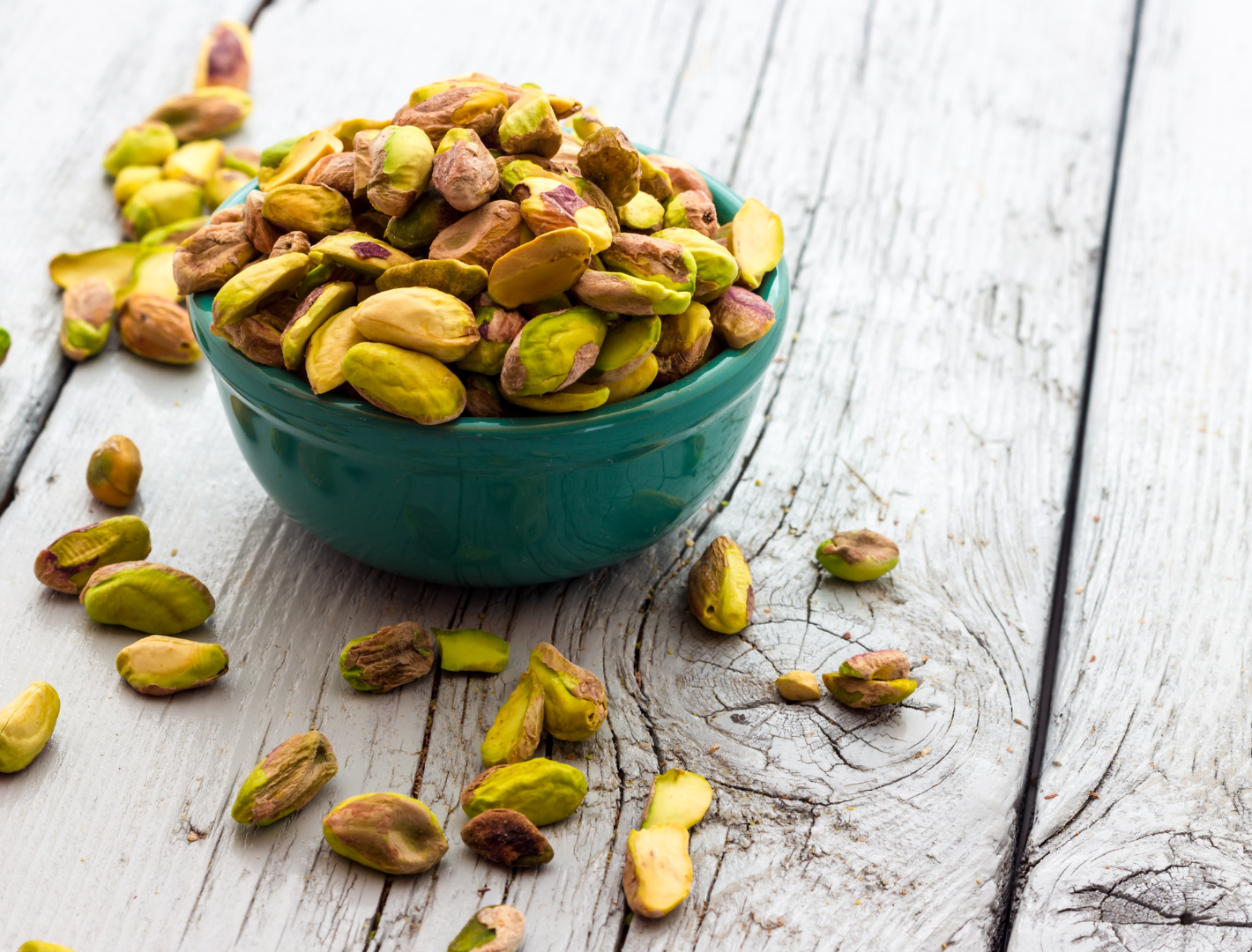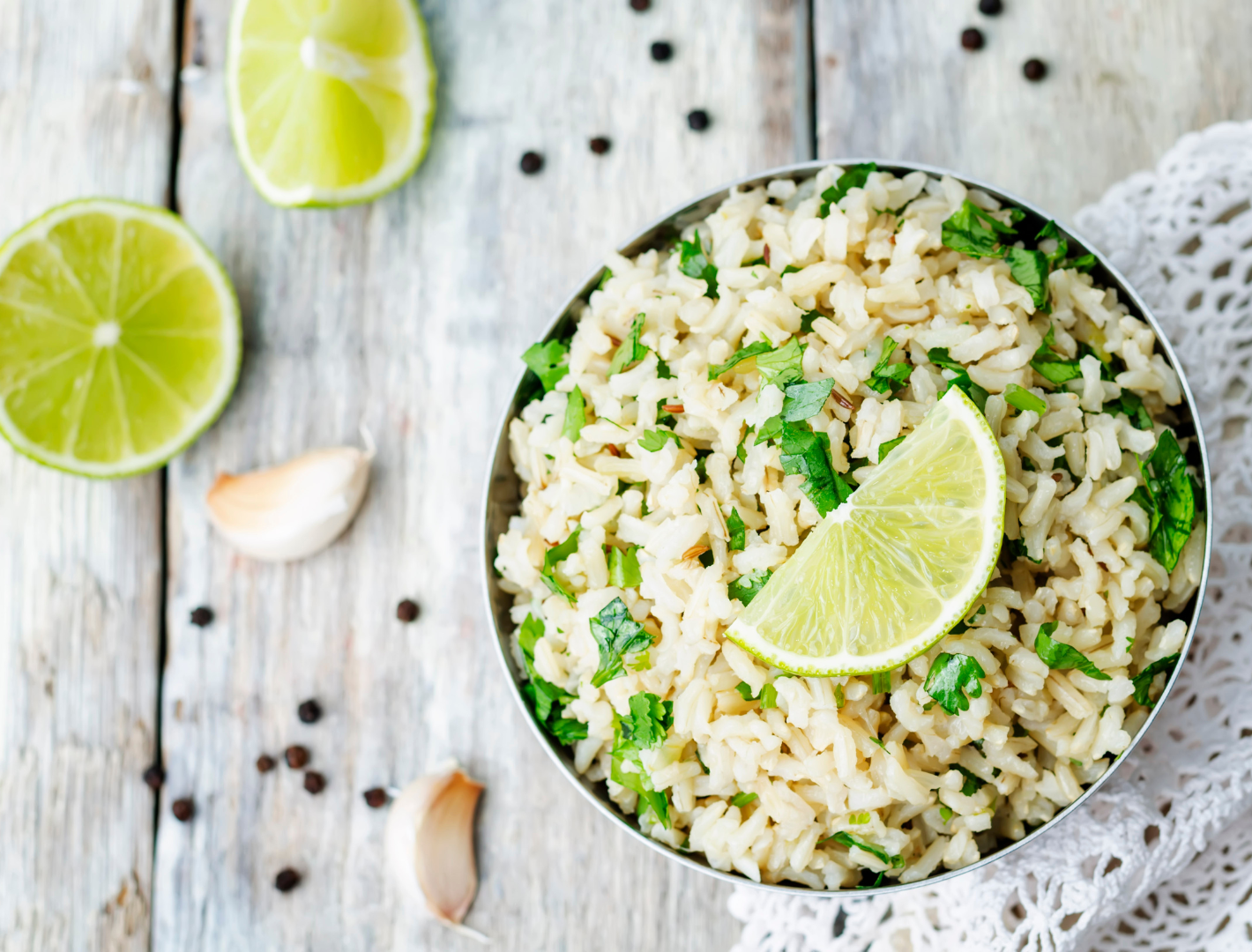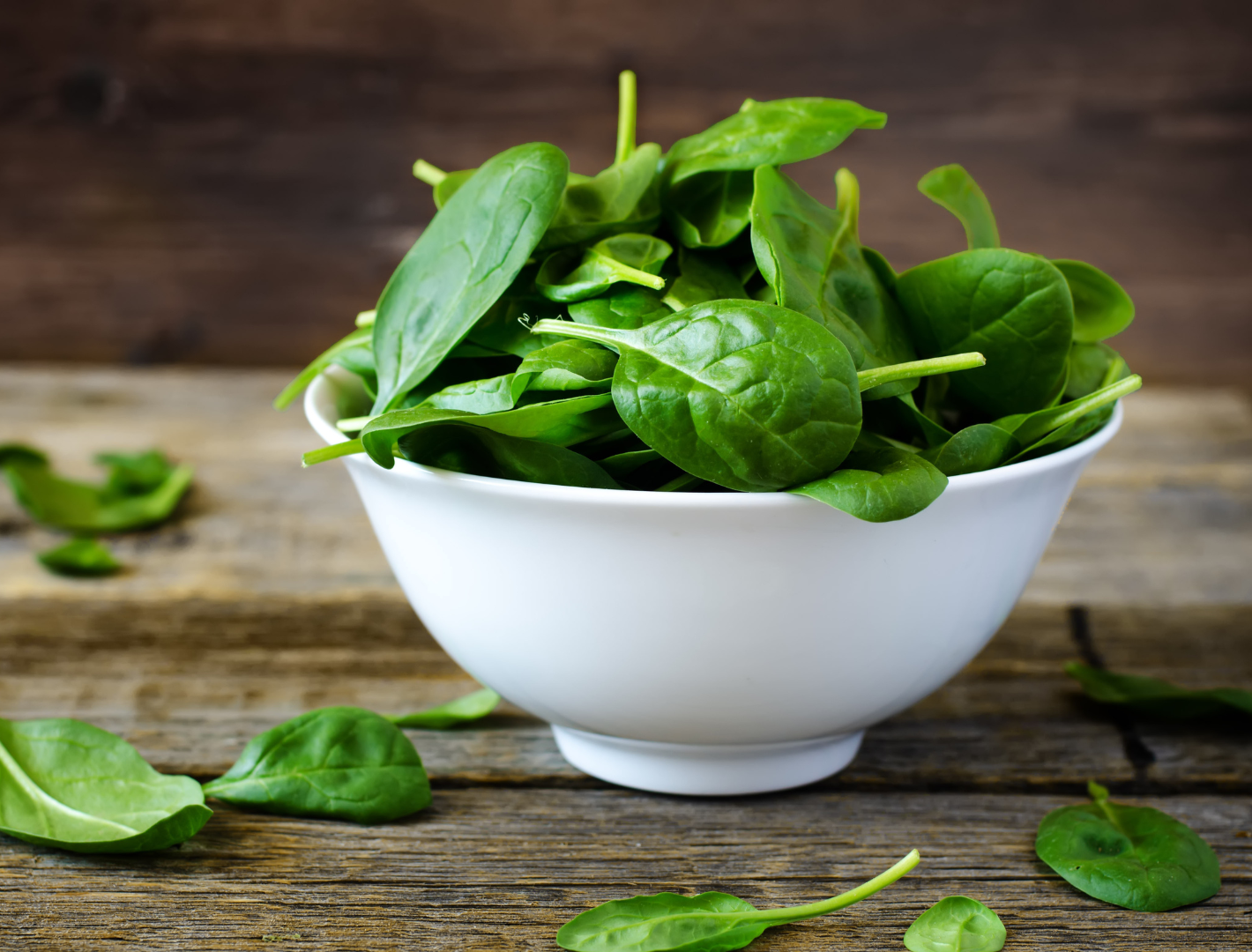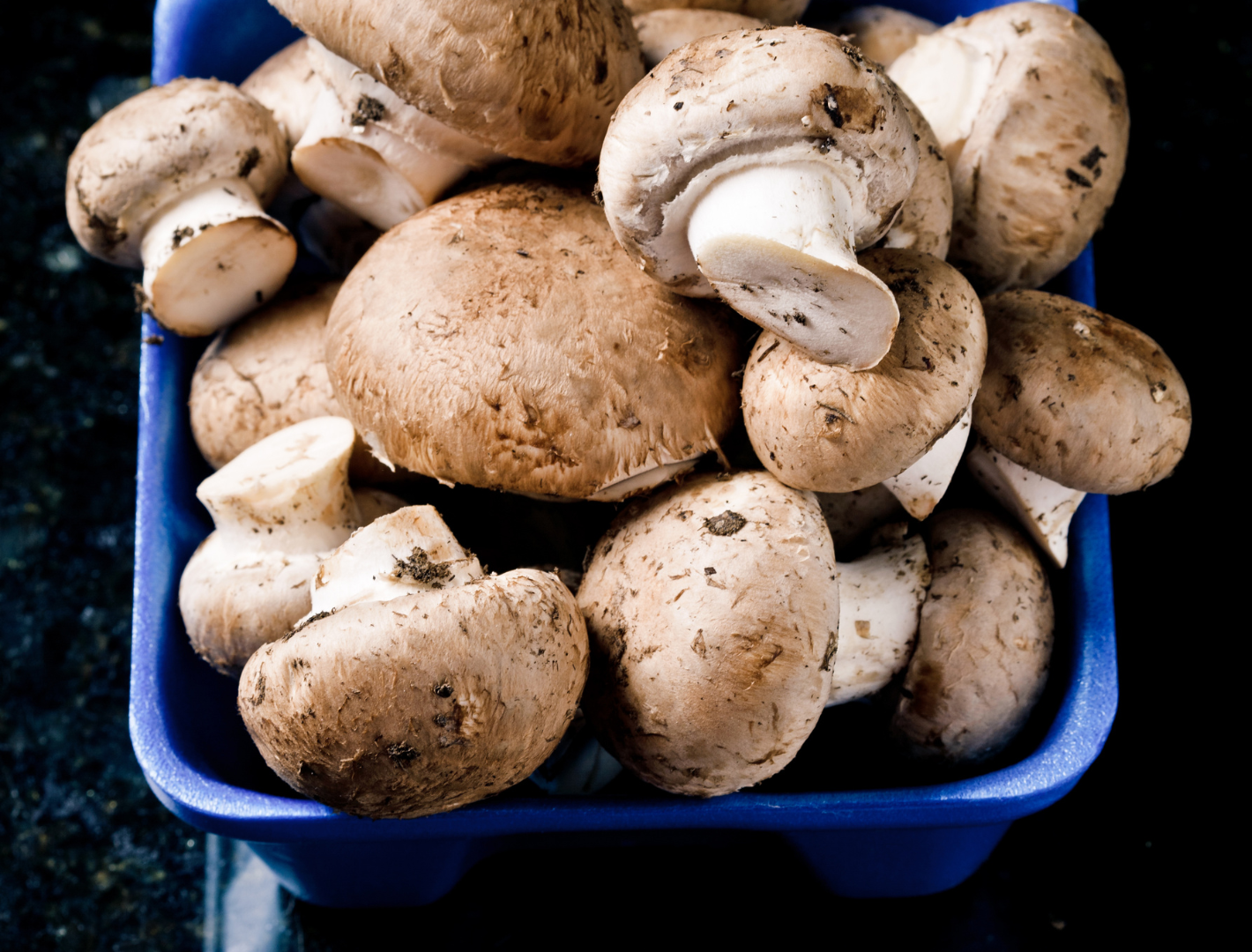Top 20 Sources of Plant-Based Protein
A plant-based or plant-focused diet offers numerous health benefits due to its rich nutritional profile. Plants are abundant in essential vitamins, minerals, and antioxidants, which help support overall health and reduce the risk of chronic diseases. The high fiber content in plant-based diets aids in digestion, promotes satiety, and maintains a healthy weight. Additionally, research suggests that plant-focused diets can lower the risk of heart disease, hypertension, type 2 diabetes, and certain types of cancer. They are also associated with improved gut health and a reduced risk of inflammatory conditions. By prioritizing plant foods, we can all optimize our nutrient intake and reap the rewards of a well-balanced diet.
While many people believe that plant-based diets lack sufficient protein, the truth is that all plants contain all 20 amino acids essential for human health. While some plant sources may not provide all the amino acids in optimal ratios, a varied and balanced plant-based diet can easily meet protein needs.
Here are 20 of the richest plant-based sources of protein.
1. Tempeh
1 cup = 31g protein
Tempeh is like a firm cake made from gently fermented soybeans. It has a firmer and chewier texture than tofu. It is becoming increasingly available in the UK and the United States, and is an excellent source of plant-based protein.
Recipe Idea: These delicious Maple Mustard Tempeh Bowls from Pinch of Yum are an excellent way to try it out.
2. Chickpeas (Garbanzo Beans)
1 can (drained) = 18g protein
Chickpeas are legumes that have long been revered for their fiber content. But they are also winners in the protein department as well.
Recipe Idea: Try out this delicious, vegan Quick Chana Masala from Cookie + Kate. It makes a regular appearance at our family dinner table because it is extremely easy to make, wonderfully nutritious, and provides lots of great leftovers.
3. Lentils
1 cup (cooked) = 18g protein
Lentils are a winner in so many departments. 1. They are chock-full of fiber. 2. They are a good source or iron and a very good source of folate. 3. They are very low fat. 4. They contain loads of protein. 5. They don’t need to be soaked before cooking.
Recipe Idea: I often make this Simple Spinach Lentil Curry in the winter when we need a hearty, protein-packed dish to keep us warm.
4. Edamame
1 cup = 17g protein
Edamame beans are immature soy beans. 1 cup contains almost 1/3 or your daily fiber needs if you are a woman, or 1/4 if you are a man, as well as a good hit of protein, iron, calcium, and vitamin C.
Recipe Idea: I like to eat them with a sprinkle of salt as a side dish, but if you want to get a bit more fancy, you can try out this amazing Chopped Thai Salad with Sesame Garlic Dressing from Pinch of Yum. I have. It’s a winner.
5. Kidney beans
1 cup = 17g protein
Kidney beans are high in protein and carbohydrates (including fiber), as well as many vitamins and minerals.
Recipe Idea: They make an excellent salad, like this Three Bean Salad from Love and Lemons.
6. Peas
1 cup = 9g protein
Whether picked fresh from your garden, or plucked straight from your freezer, peas are an excellent way to add protein to your diet. They are also a very good source of fiber, Vitamin A, Vitamin C, Vitamin K, and Vitamin B1.
Recipe Idea: This flavorful Green Pea Soup from 101 Cookbooks is a wonderful way to add these protein-filled beauties to your diet.
7. Quinoa
1 cup (cooked) = 8g protein
Most plant-based sources of protein lack some of the amino acids that are essential to humans. However, quinoa is one of the only plant-based complete protein sources. That means that you get all 9 essential amino acids from quinoa.
Recipe Idea: These Quinoa, Black Bean & Corn Tacos from Cooking Classy are a wonderful, healthy, and tasty way to add quinoa to your diet.
8. Peanut butter
2 tbsp = 8g protein
What more can be said about peanut butter? It’s a delicious, quick, comfort food that provides a healthy does of protein.
Recipe Idea: Spread some on a whole wheat tortilla with sliced banana, roll it up, and enjoy.
9. Whole wheat spaghetti
1 cup (cooked) = 7.5g protein
Whole wheat spaghetti is a great source of fiber as well as protein.
Recipe Idea: It has a mildly nutty flavor that works wonderfully with this 7-Veg Tomato Sauce from Jamie Oliver.
10. Pumpkin seeds
1 oz = 9g protein
Pumpkin seeds, or pepitas, are a good source of iron as well as protein.
Recipe Idea: They add some great crunch to any salad, and make an appearance in this Almond Butter Crunch Granola to add some nutritional value.
11. Red Potatoes
1 large = 7g protein
Potatoes get a bad rap these days. Many people consider them to be one of the least nutritious vegetable options. However, they are a very good source of Vitamin C, a good source of fiber and potassium, they are very low in fat, and one large potato contains 7 grams of protein.
Recipe Idea: This Warm Potato Salad made with dijon mustard instead of mayonnaise from Farm Fresh to You is a great way to add red potatoes to your diet.
12. Almonds
1 oz = 6g protein
Almonds are a good source of protein, calcium, and iron, and a very good source of Vitamin E. However, due to their high fat content, they should be eaten in moderation, even though they are ‘healthy’ fats.
Recipe Idea: These Apricot Almond Energy Bites are a great way to make sure your snack has plenty of healthy protein.
13. Pistachios
1 oz = 6g protein
Pistachios make such a great, nutritious snack. They contain plenty of iron, fiber and protein, and having to remove the shells as you go gives you time to register when you are full.
Recipe Idea: This 5-Minute Magic Green Sauce from Pinch of Yum is another great way to include pistachios in your diet.
14. Brown rice
1 cup = 5g protein
Even though I think of rice as primarily a carbohydrate food, a cup of cooked brown rice is also a good plant-based source of protein as well.
Recipe idea: These Spicy Sweet Potato and Green Rice Burrito Bowls from Cookie + Kate are a tasty way to include brown rice in your cooking repertoire.
15. Avocado
1 cup = 5g protein
While known primarily for their healthful monounsaturated fatty acids, avocados also contain lots of fiber as well as a healthy dose of protein.
Recipe idea: What better way to enjoy avocado than in the Best Ever Guacamole from Downshiftology.
16. Cashews
1 oz = 5g protein
Poor old cashew nuts have to live in the shadow of their nutritionally superior fellows, the almonds and brazil nuts. But they should not be forgotten. Despite not quite living up to some of the other nuts out there, they do still contain a decent amount of protein.
Recipe idea: This recipe for Vegan Sheet Pan Fajitas with Chipotle Queso made with cashews from Pinch of Yum is divine.
17. Spinach
1 cup (cooked) = 5g protein
Popeye was onto something with his cans of spinach. But it isn’t just iron that was making him strong. Spinach is a very good source of fiber, protein, vitamin A, vitamin C, vitamin E , Vitamin K, Calcium, and many other vitamins and minerals. It really is a nutritional powerhouse.
Recipe idea: Gimme Some Oven has this wonderful recipe for Italian Orzo Spinach Soup, made with whole wheat orzo pasta.
18. Mung beans
1 cup (cooked) = 5g protein
Not many people know about, or cook with, mung beans, and it is a real shame. They are very easy to use (no need to soak), extremely nutritious, and they have a very mild taste and great texture.
Recipe idea: This Mung Bean Stew on a Budget from David, Luise, and Elsa over at Green Kitchen Stories is a delicious way to include mung beans in your diet.
19. Sweet potatoes
1 cup (mashed) = 5g protein
Oh sweet potatoes, how I do love thee. Just 1 cup has 1/4 of your daily fiber needs, almost 2/3 of your daily vitamin C needs, and nearly 800% (yes you read that right) of your daily Vitamin A needs.
Recipe idea: These Mediterranean Baked Sweet Potatoes from Minimalist Baker are a hearty and delicious way to include sweet potatoes in your diet.
20. Portobello mushrooms
1 cup sliced = 4g protein
The humble portobello mushroom is a really substantial vegetable that makes a great substitute for meat. It is a good source of protein, and a very good source of fiber, as well as many vitamins and minerals.
Recipe idea: Why not try these Grilled Balsamic Mushrooms from Delish at your next barbecue.




